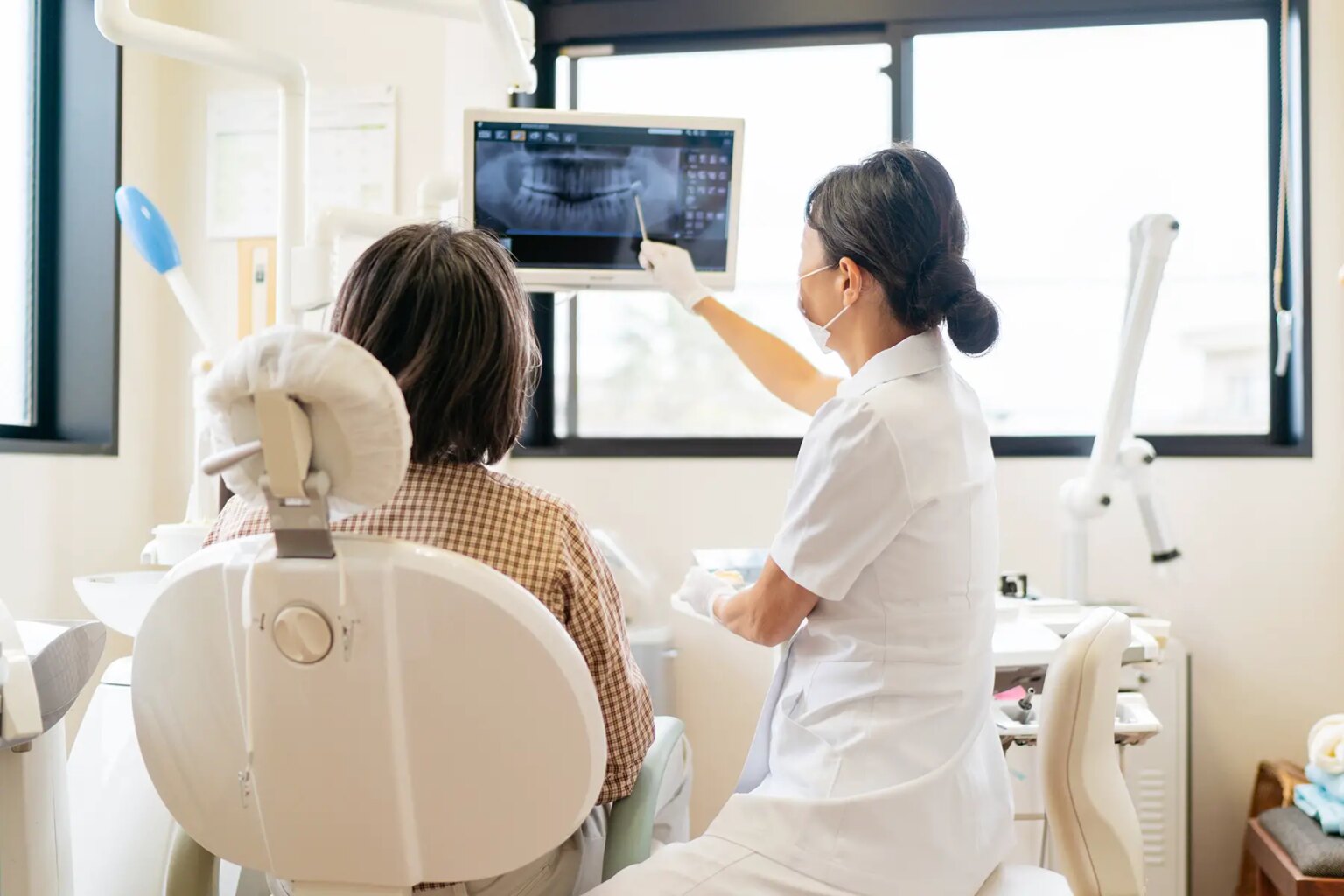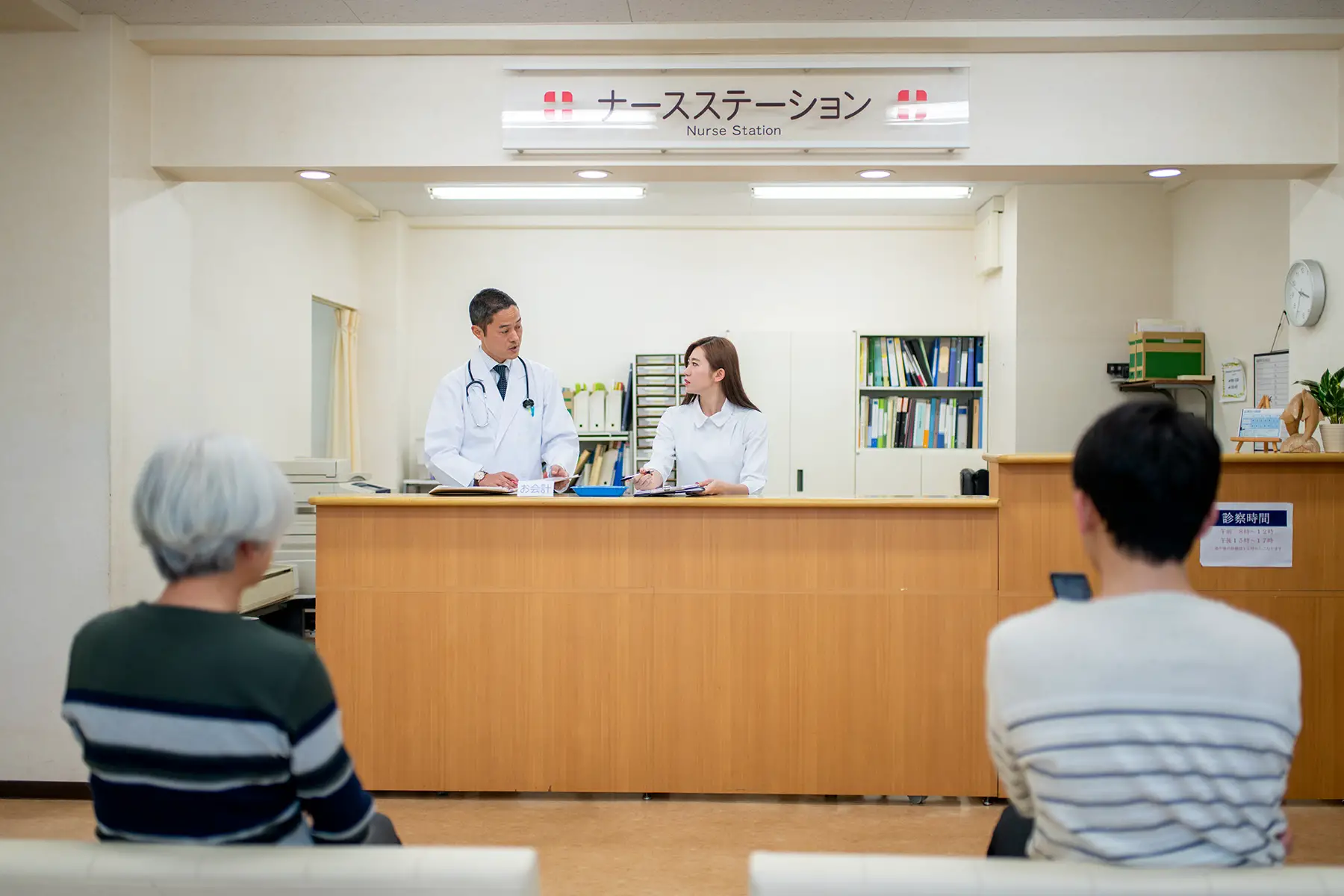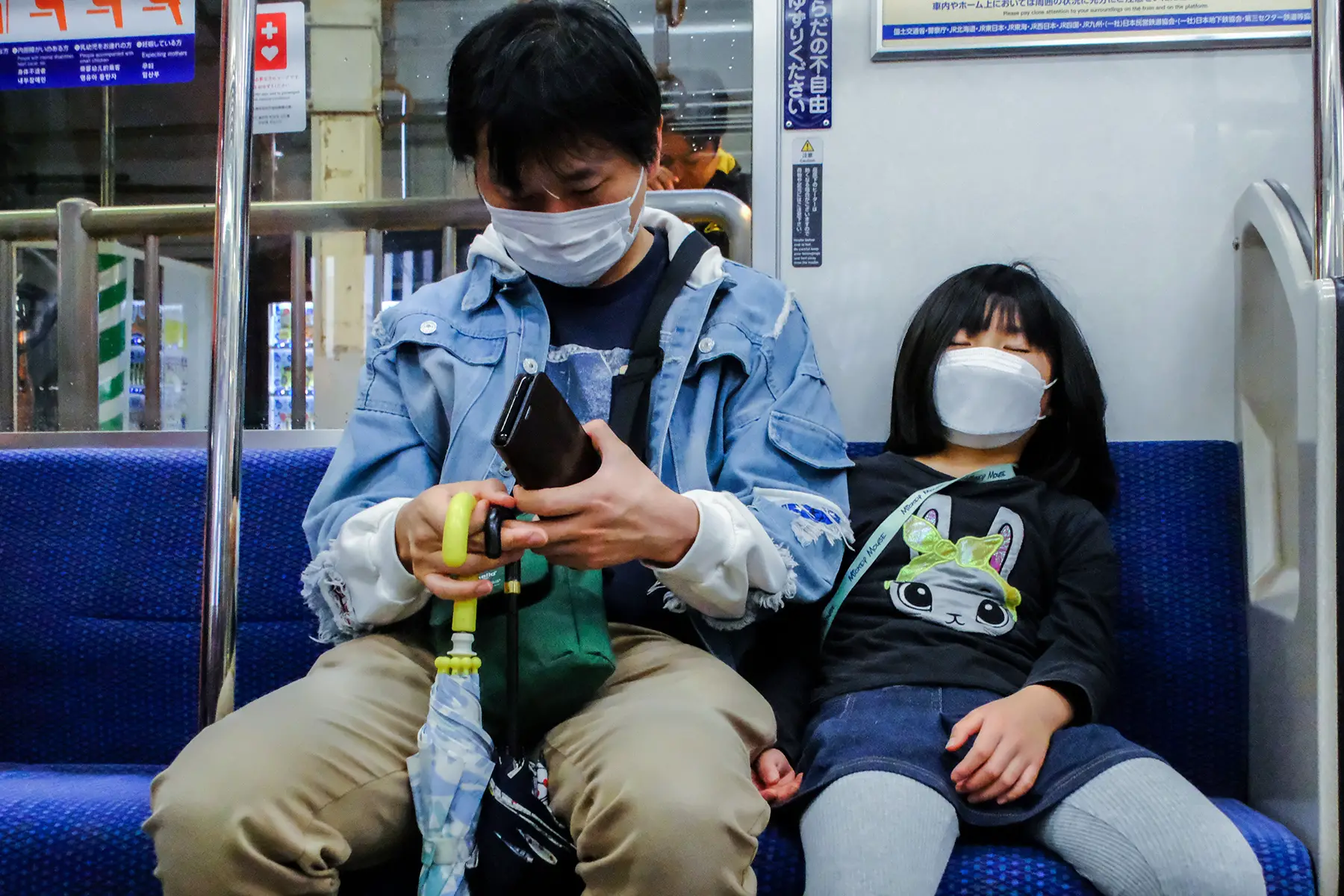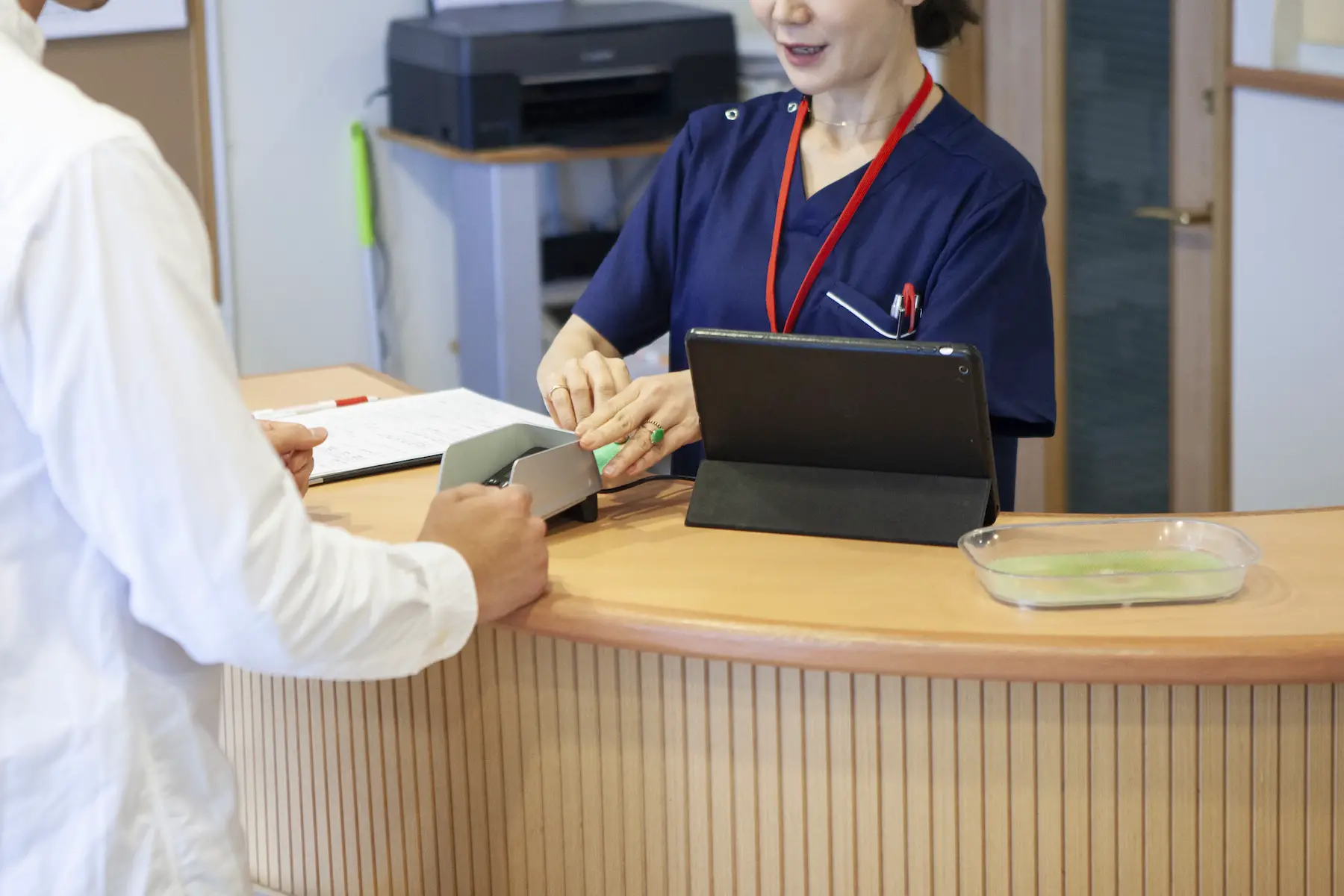Part of moving to Japan includes setting up healthcare. At some point, you or a family member will want to visit a dentist (歯医者, haisha) for a cleaning and checkup. Fortunately, finding great dental care in Japan is straightforward, as many dental clinics and hospitals offer quality services throughout the country.
Read on to learn all about how to find a dentist, set up an appointment, and what to expect during your visit. You’ll find information about:
- The Japanese healthcare system
- Dental care in Japan
- Dental care with Japanese public insurance
- Private dental care in Japan
- Low-cost dental care
- Children’s dental care in Japan
- Emergency Japanese dental care
- Dental insurance in Japan
- Accessing Japanese dental care
- Finding a Japanese dentist
- Visiting a dentist in Japan
- Useful resources
Cigna Global
Want access to the best private medical services in Japan? Speak to the healthcare professionals at Cigna Global today and find a policy that’s right for you. Take advantage of their global network of doctors, specialists, therapists and more with coverage tailor-made for you and your family. If you’re starting a new life in Japan, get peace of mind with Cigna Global.
The Japanese healthcare system
The Ministry of Health, Labour, and Welfare (MHLW – 厚生労働省, Kose Rodo Sho) regulates public healthcare and monitors medical costs.
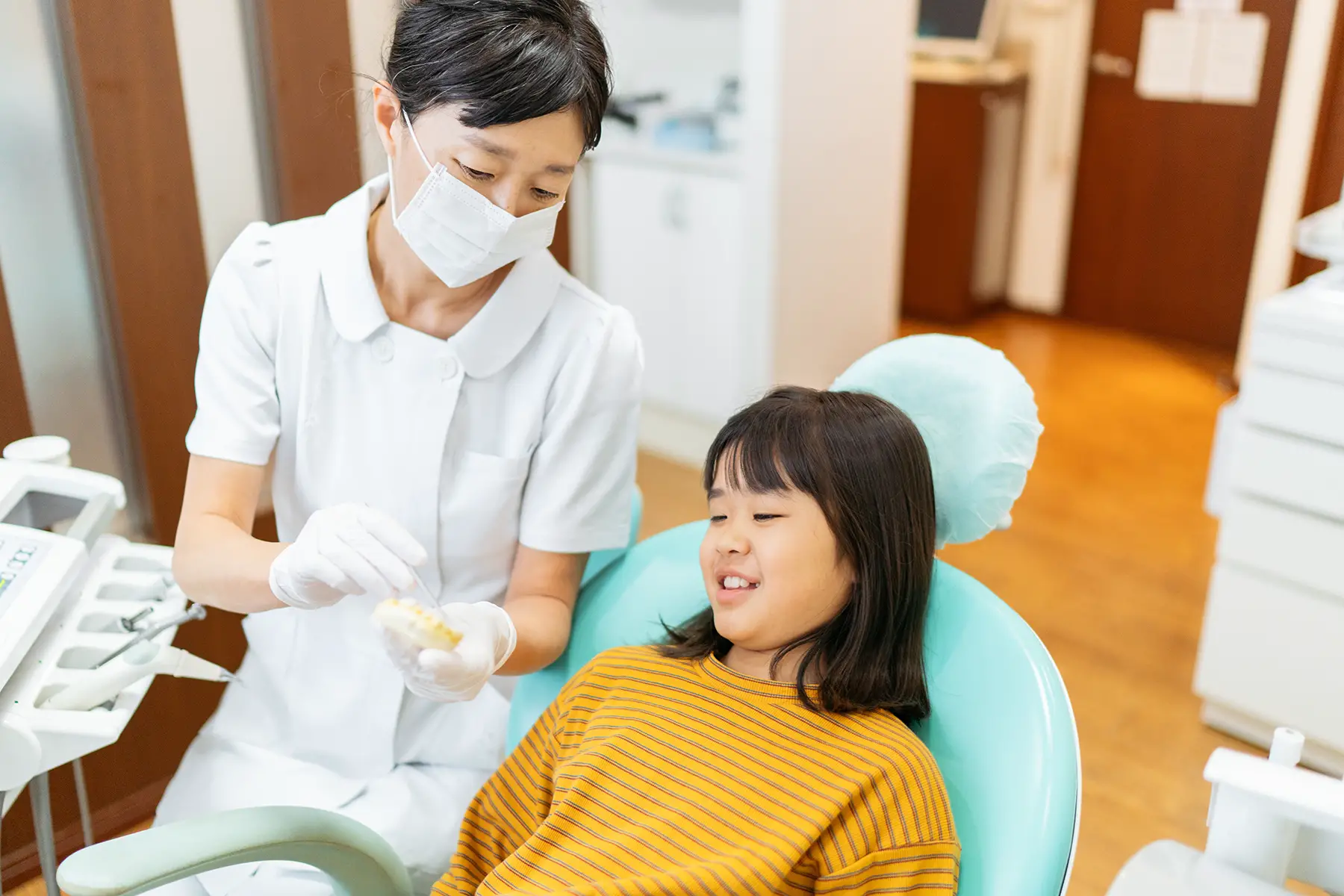
Dentistry is included in Japan’s excellent universal healthcare system. Mandatory public health insurance covers 70% of most medical costs and prescriptions, including basic dental care, for citizens and long-term residents. Healthcare can be accessed in clinics and hospitals, most of which are non-profits owned by doctors. A small percentage of people qualify for public hospitals through Japan’s social security programs.
Dental care in Japan
Japanese dental care is high quality and easy to access, and there are more than 100,000 dentists in Japan. There are 8 dentists for every 10,000 people in Japan according to the World Health Organization (WHO), more than the international average number of dentists (3.3). The majority work in private specialty clinics, but dentists can also be found in some hospitals, especially for surgical procedures like impacted wisdom tooth removal or emergency dentistry.
More than 70% of Japanese dentists are members of the Japan Dental Association (JDA – 日本歯科医師会, Nihon Shika Ishikai), which works to uphold ethics among dentists and promote national oral health.
Japanese dentistry tends to be reactive instead of preventative. That means patients go to see dentists in order to treat issues once pain arises, rather than focusing on cleanings and overall oral health beforehand.
Some expats may also be surprised to find that Japanese dentists are unlikely to use anesthesia during treatment. It is also interesting to note that treatments often completed in one appointment in other countries may require multiple visits in Japan, where appointment times tend to be relatively short (about 20 minutes).
Dental care with Japanese public insurance
Japan’s public healthcare covers dental care, including checkups with a dentist, fillings, root canals, and crowns. However, dental implants, cosmetic dentistry, and orthodontics like braces are not covered by public insurance and must be paid for at the appointment.
Anyone with Japanese public insurance can access dental care at the clinic of their choice as often as necessary. Patients should make an appointment by calling the clinic directly or booking online if possible.
If necessary, dentists can refer patients to a hospital dentist (歯科口腔外科, shika koku geka) for further treatment or dental surgery. In this case, you will need to bring your referral letter (紹介状, shokai jo) and your insurance information to the appointment.
Costs of dentistry with public insurance
Prices are regulated for services under public insurance but will vary with the severity and treatment required. After the initial exam, subsequent visits for the same issue will be billed at a much-reduced rate. In general, you can expect the following costs:
| Treatment | Cost |
| Dental exam | ¥3,500 |
| Treatment for cavities or decay | ¥1,500–20,000 |
| Wisdom tooth extraction | ¥1,500–4,000 |
Need a filling? Ask your dentist about different options, especially if the filling will be in a visible location. Be sure to share any concerns about pain management with your dentist prior to beginning treatment.
| Type of filling | Appearance | Covered |
| Amalgam | Metallic | Yes, lowest copay |
| Composite | White | Yes, higher copay |
| Ceramic | White | No |
Many dental clinics only accept cash, so bring plenty of yen to your appointment.
Private dental care in Japan
Dental care that falls outside of the scope of public health insurance coverage includes orthodontics like braces. There are exceptions for people with jaw deformities.
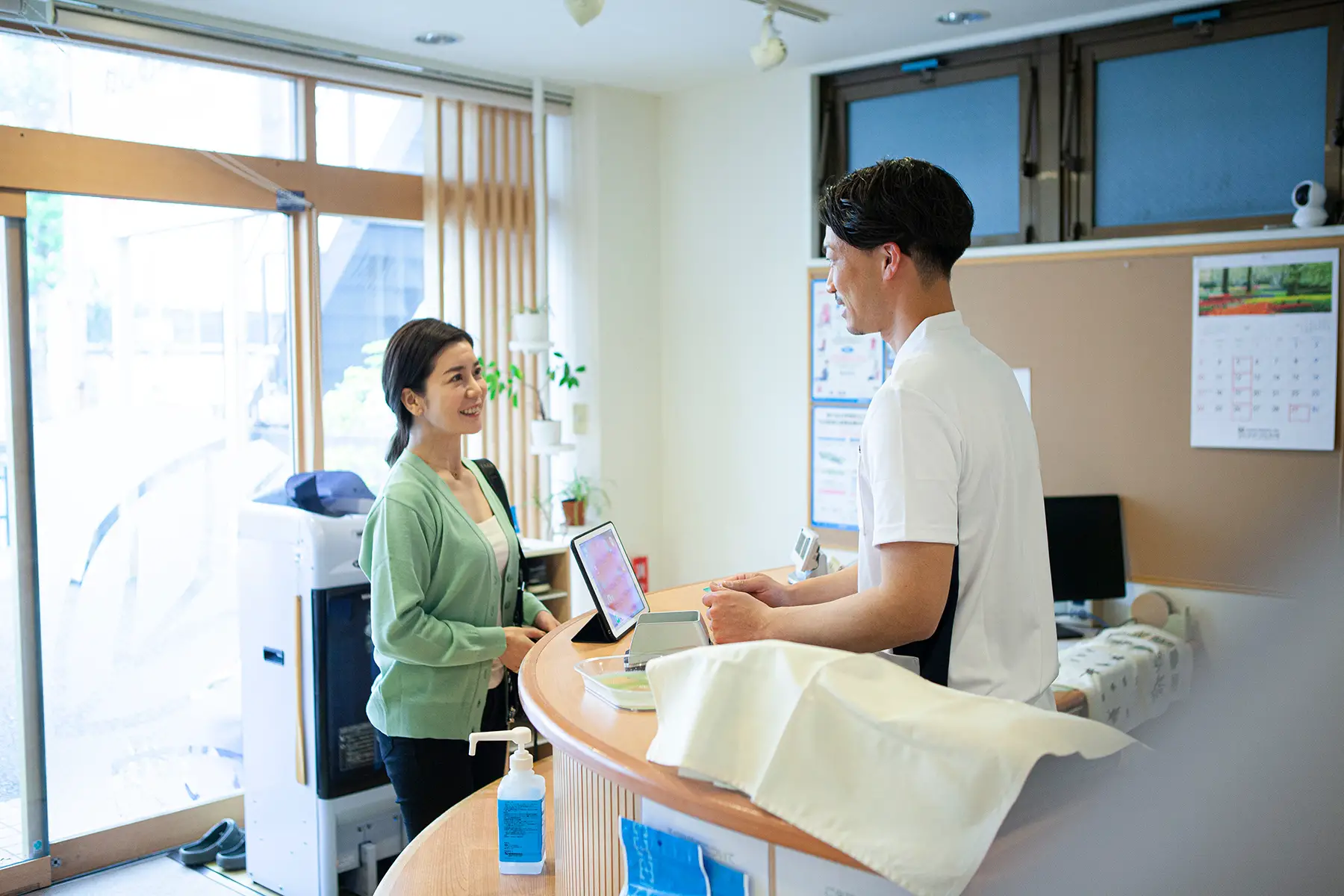
Nonetheless, people wanting straighter teeth, teeth whitening, or cleaning for cosmetic reasons will need to pay the entire cost of these procedures out of pocket at the time of treatment or use private insurance.
You may choose to visit a private or English-speaking dentist for care more in line with that of your home country. One reason for this is the differences in how Japanese dentists administer pain medication. Local anesthesia may not be used at all for regular cavities, although it should be offered for major fillings or root canals. You can always ask your dentist for pain medication if you are unsure.
Some dentists may be more likely to use laughing gas instead of injected local anesthesia. Additionally, keep in mind that you may request dental work to be completed in one longer session instead of several shorter sessions, as is common in Japan.
Expats who seek treatment from dentists who have trained abroad can expect to pay much more than treatment covered by public insurance. However, this may be the best option for anyone wanting thorough cleanings once or twice each year. Internationally trained dentists will be more familiar with these processes.
Costs of private dentists
Some dentists who specialize in services for expats may work directly with foreign insurance companies and cover procedures not included in Japanese public insurance, so check with your provider and ask your dental clinic for more information.
| Treatment | Cost |
| Teeth straightening | ¥1,000,000 and up |
| Teeth whitening | ¥5,000–60,000 |
| Gold or other specialty fillings | varies |
Uninsured dental treatments can be quite expensive. Expect to pay all costs or all costs beyond insurance coverage at the time of treatment. Costs will fluctuate depending on the clinic and the severity of the issue, but some estimates include:
| Treatment | Cost |
| Dental exam | ¥13,000-16,000 |
| Dental X-rays | ¥13,000-16,000 |
| Fillings | ¥21,000-44,000 |
| Medication | ¥4,400-5,500 |
Low-cost dental care
Japan has universal healthcare and health insurance is required, so everyone can access dental care. People receiving public assistance also qualify for free treatment, but past studies have shown some disadvantaged groups remain at risk of receiving inadequate care.
Children’s dental care in Japan
Dentists contract with local governments to provide school visits and dental care for children. They check each student’s oral health and identify issues for follow-up care, such as cavities, gingivitis, teeth alignment, and issues with jaw joint inflammation.
School dentists also work together with teachers, school nurses, and parent organizations to help educate children on the links between dental hygiene and overall health.

More than 24,000 dentists across Japan participate in the Japan Association of School Dentists (JASD) (日本学校歯科医会, Nihon Gakko Shika Ikai), which works closely with the Ministry of Education, Culture, Sports, Science and Technology (MEXT – 文部科学省, Monbu Kagaku Sho).
Emergency Japanese dental care
If you have a dental emergency, such as a chipped or broken tooth, or extreme tooth pain, call your dentist and ask to be seen as soon as possible. Many clinics are closed on weekends and holidays, so options for urgent and emergency care may be limited.
Check your city ward’s website for information about urgent care and emergency clinics open after hours, but keep in mind these clinics may charge an extra fee or refuse care if the situation is not deemed an emergency.
Ryo Dental Clinic offers emergency dental services, although these treatments are not covered by public insurance. You can call or email for an emergency appointment, and bring your insurance information and a credit card or cash. After-hours emergency care can cost tens of thousands of yen.
Dental insurance in Japan
Japanese public health insurance covers dental care at the same rate as other medical care. Most people can expect to pay 30% of the cost of treatment out of pocket. Children, the elderly, and unemployed people get a further reduction.
Private insurance may give you better access to English-speaking dentists as well as dentists who have trained outside Japan. Insurance plan costs will depend on how many people the policy includes and what type of coverage you need. Low-cost plans may not include dental coverage at all. Check with your provider if dental care is important to you. International health insurance companies include:
Accessing Japanese dental care
Accessing dental care in Japan is as easy as making an appointment with the dental clinic of your choice. There is no need to be registered with a particular dentist. Simply bring your insurance information to your appointment. Japan’s public health insurance is accepted at most clinics.
Finding a Japanese dentist
Finding a dentist is easy in Japan. Many have posters advertising their services in local train stations. There’s even a joke that there are more dental clinics than convenience stores in Japan.
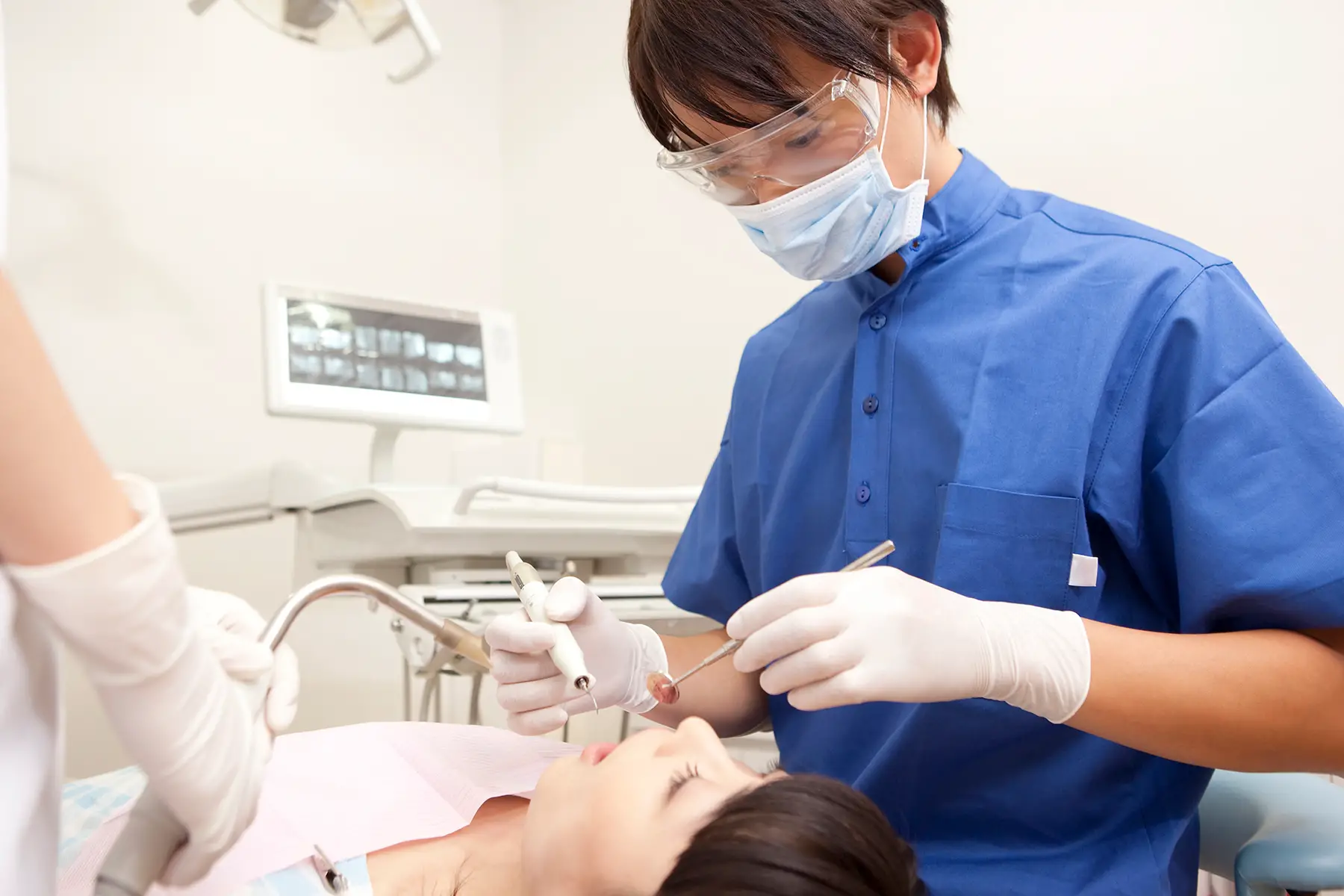
Alternatively, a quick search online will help you find dentists located near you. Clinic websites will tell you how to make an appointment, what types of insurance they accept, and what languages they speak. You can find tips on dental hygiene as well as a searchable list of dentists by prefecture online at Haishasan (in Japanese).
Finding an English-speaking dentist in Japan
Tokyo has many English-speaking dentists, but it may be difficult to find care in languages other than Japanese in rural areas. Ask your doctor or a friend for recommendations near you, or turn to the internet.
English-speaking dental clinics catering to the expat community are easy to find online. Many companies clearly list appointment phone lines in English, prices for different treatments, and which insurance plans they accept. Alternatively, your insurance may be able to point you to dental clinics that accept your coverage plan.
To get started, you can check out these English-speaking dentists:
Visiting a dentist in Japan
Before visiting a dentist in Japan, you should call your preferred clinic directly or book online to make an appointment. Bring your health insurance card (保険証, hokensho) and valid identification (身分証明書, mibun shomei sho) with you. You’ll have to fill out the medical intake form to check in. When your name is called for your appointment, you can consult with the dentist and have an examination.
Some dental chairs are partitioned for privacy, but separate examination rooms are uncommon. You may get X-rays, start treatment for a specific issue, or have a quick cleaning. You’ll get a schedule for future care, and a prescription or referral to a dental hospital, if necessary. After your appointment, pay before leaving. Many clinics only accept cash, so make sure to bring yen with you to your appointment.
Useful resources
- Japan Dental Association (JDA) – information on dentistry in Japan in English
- Haishasan (in Japanese) – has dental hygiene tips and a list of dentists by prefecture
- Shikaiin.com – provides an additional directory of dentists by location
